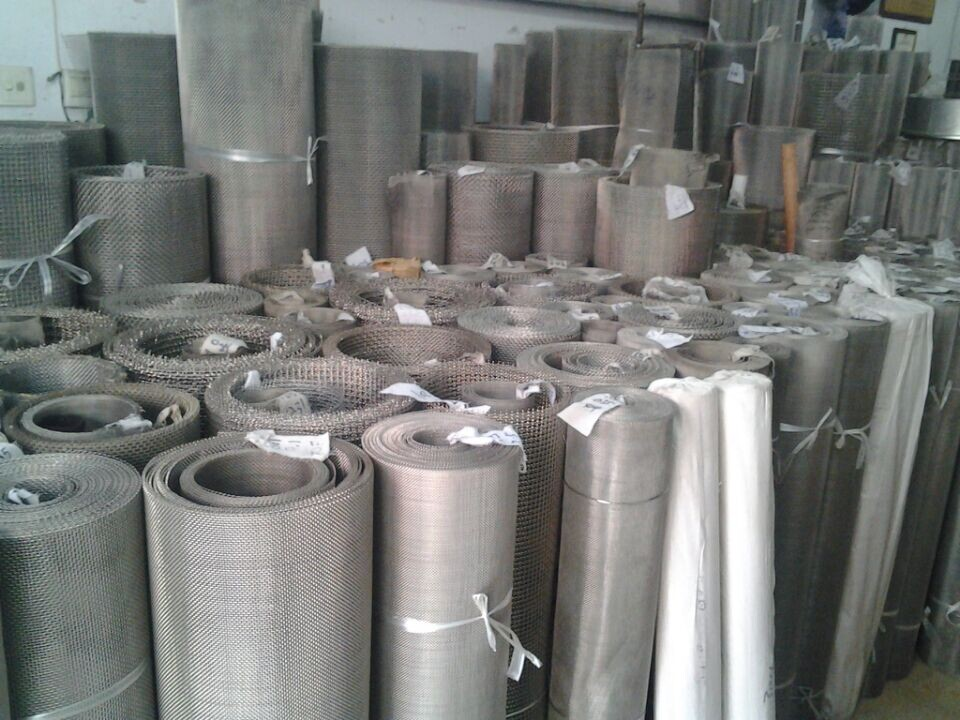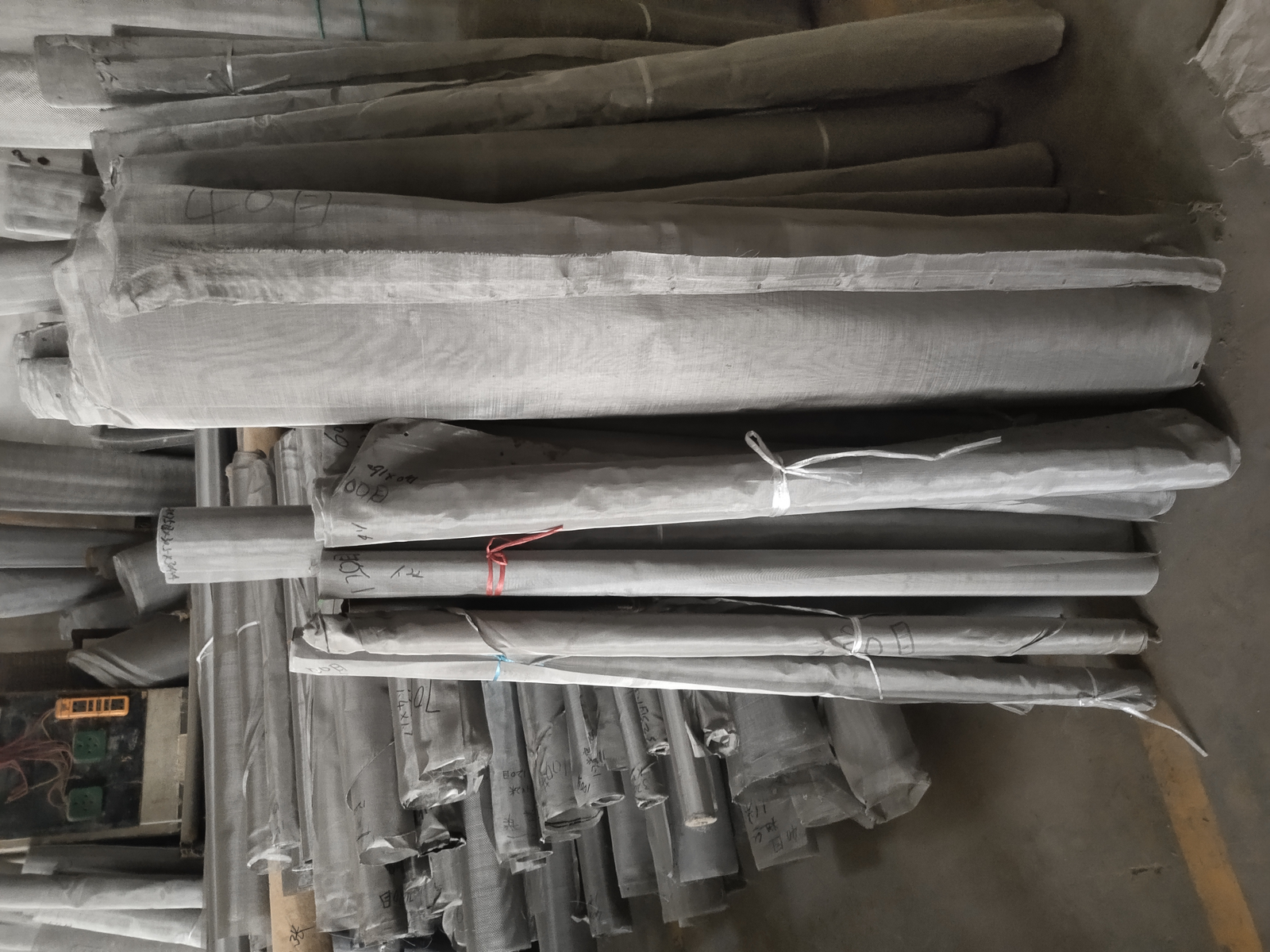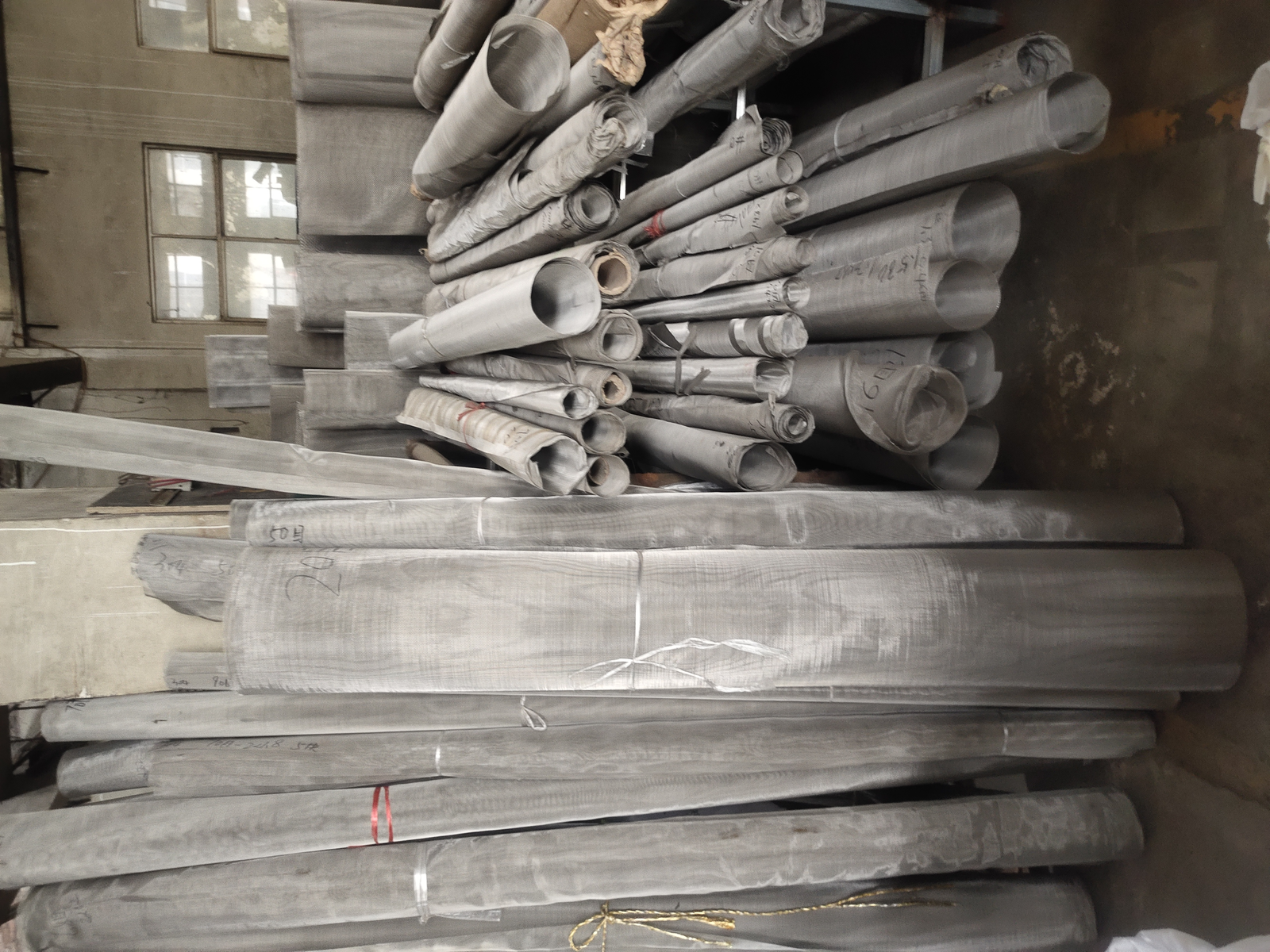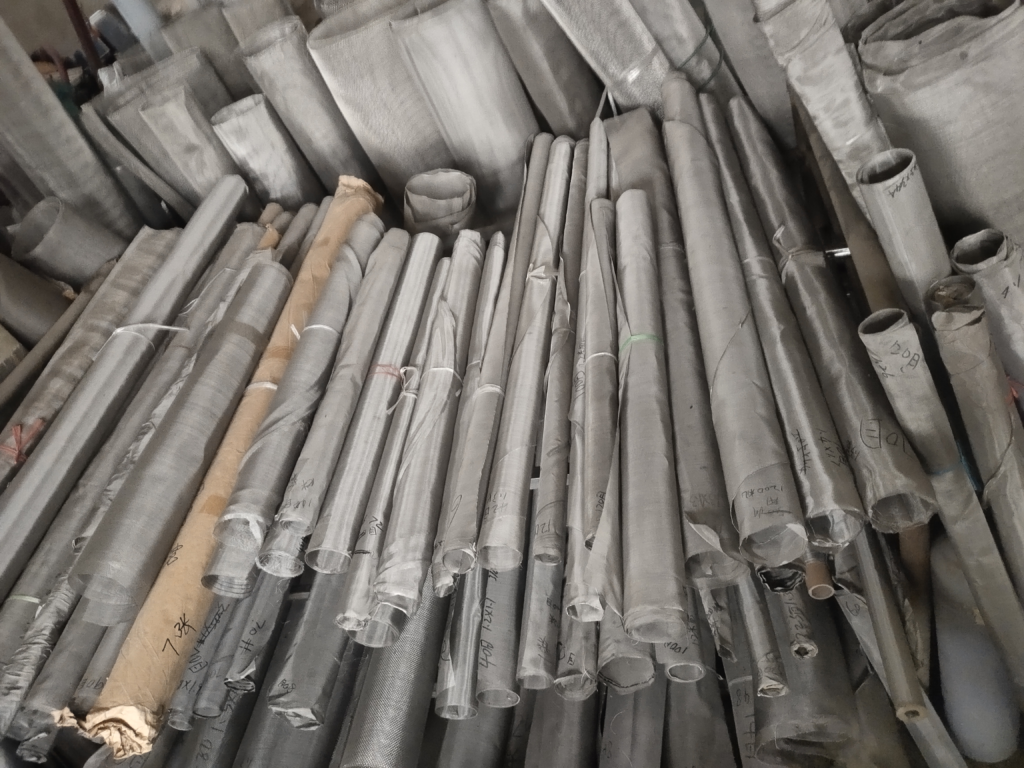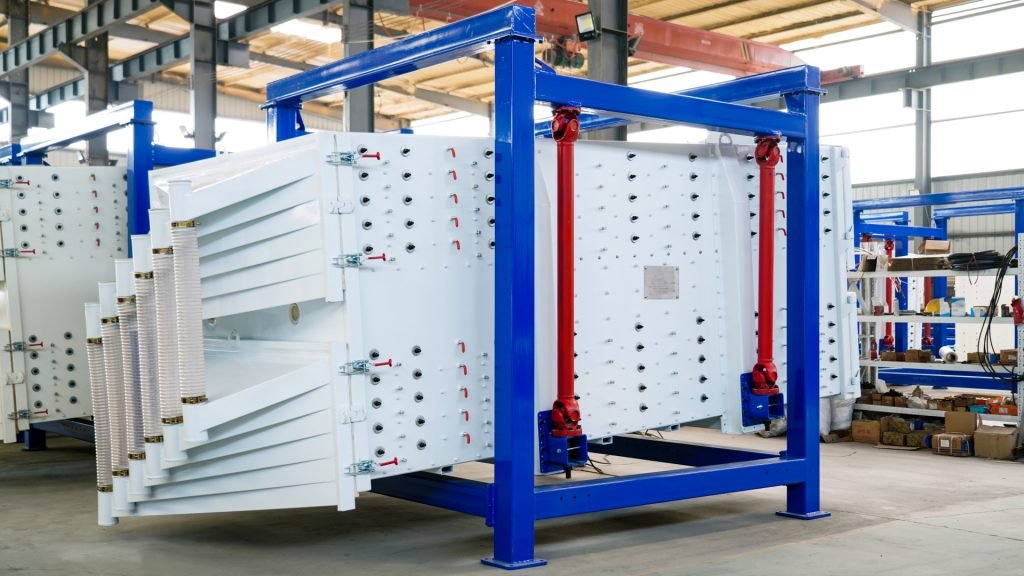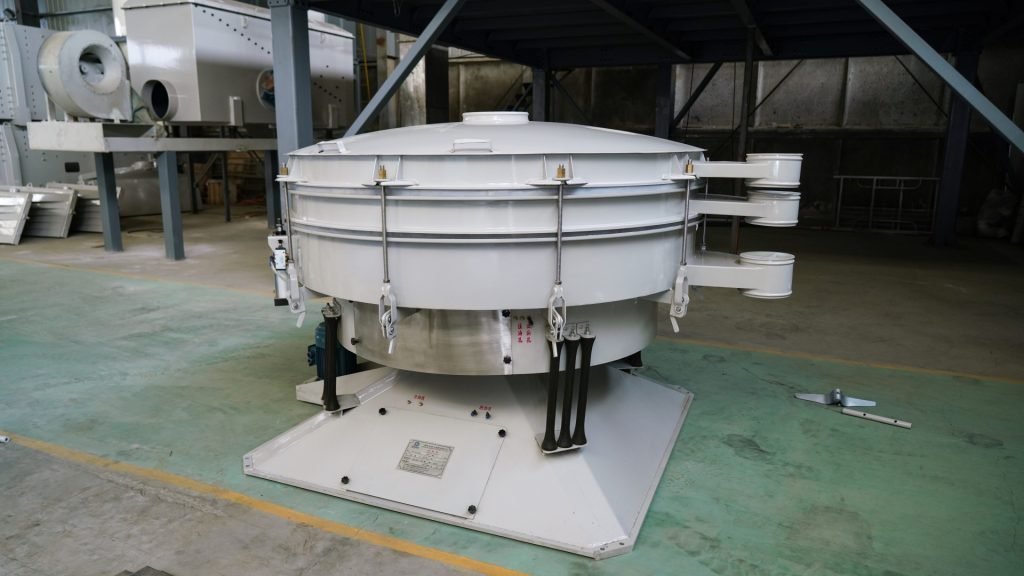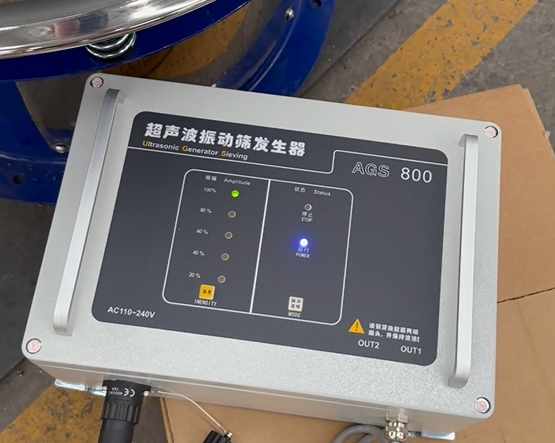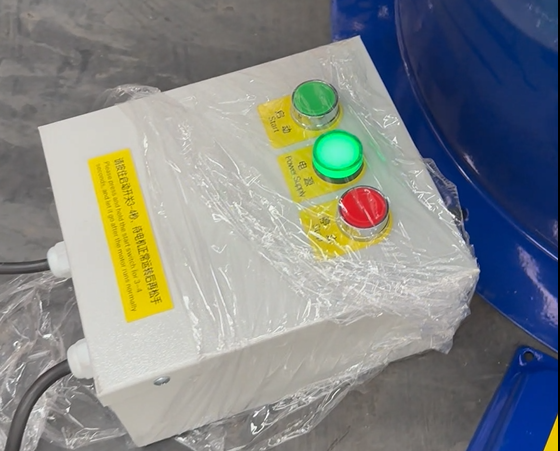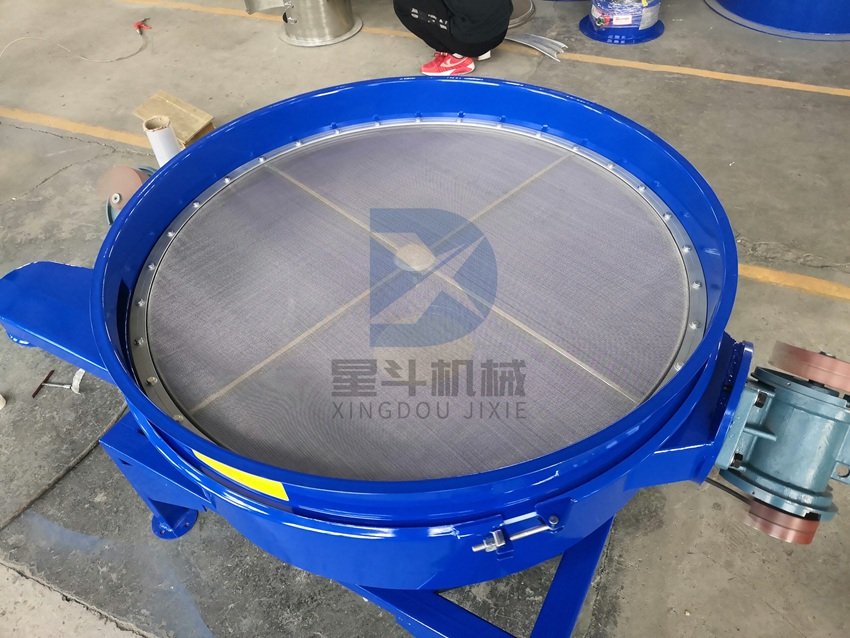Influencing Factors of Vibrating Screen Mesh Life
Many factors affect the life of the vibrating screen mesh. To discuss this issue, we must first determine two factors
- Screening is the same material
- The mesh of the screen is the same
With these two elements fixed, let’s discuss other reasons:
If the sieved materials are the same and the meshes of the screens are the same, and you find that the service life of the two purchased screens is very different, then the reason may be that the mesh diameters of the screens are different. In the case of the same mesh, the thickness of the mesh can be selected: the screen mesh with a thick wire diameter has the advantage of longer service life, but the screening efficiency is lower, and the screen mesh with a fine wire diameter has the advantage of sieving The efficiency is higher, but the service life is shorter.
There is another reason that the life of the screen is different, that is when the screen is fixed to the equipment, it is not fixed well, and wrinkles appear when it is fixed, or it is too tight or too loose, which will affect the life of the screen. The screen is woven one by one. Bending, stretching, etc. will cause the metal to fatigue and break. Once the fracture starts, it will only become faster and faster and finally lead to a short service life of the screen.
So the two fixed factors (same screen, same aperture) are no longer determined, are there any general selection schemes for screens? Yes, but this is my company’s own experience, and it is some general suggestions, just for reference
We need to consider the following factors:
- The particle size of the material: For the screening of large particle materials, coarse wire screens are selected, and for powder materials, fine wire screens can be selected.
- Material hardness: When considering whether to choose coarse wire mesh or fine wire mesh, the hardness of the material is an important indicator. For materials with high hardness, choose coarse wire mesh, and for materials with low hardness, choose fine wire mesh. For example, if you are sieving sand, our company’s suggestion is to choose a thick wire diameter. What you sift is flour, my company’s suggestion is fine shreds
- Consideration of screening efficiency: The output and precision of screening are very high, so fine wire is selected. If the accuracy and output of the screening are not high, choose thick silk
Of course, you may also be sifted powder sand. At this time, it depends on the added value of your products. For products with high added value, choose fine wire mesh, and for products with low added value, choose coarse wire mesh.
There are many factors to consider, such as the proportion of large particles and powder in the raw material, the pH of the material, the way of feeding, whether it is convenient to replace the screen on site, and so on.
You can leave it to us, just provide the necessary data, and we will give you the most professional advice.

